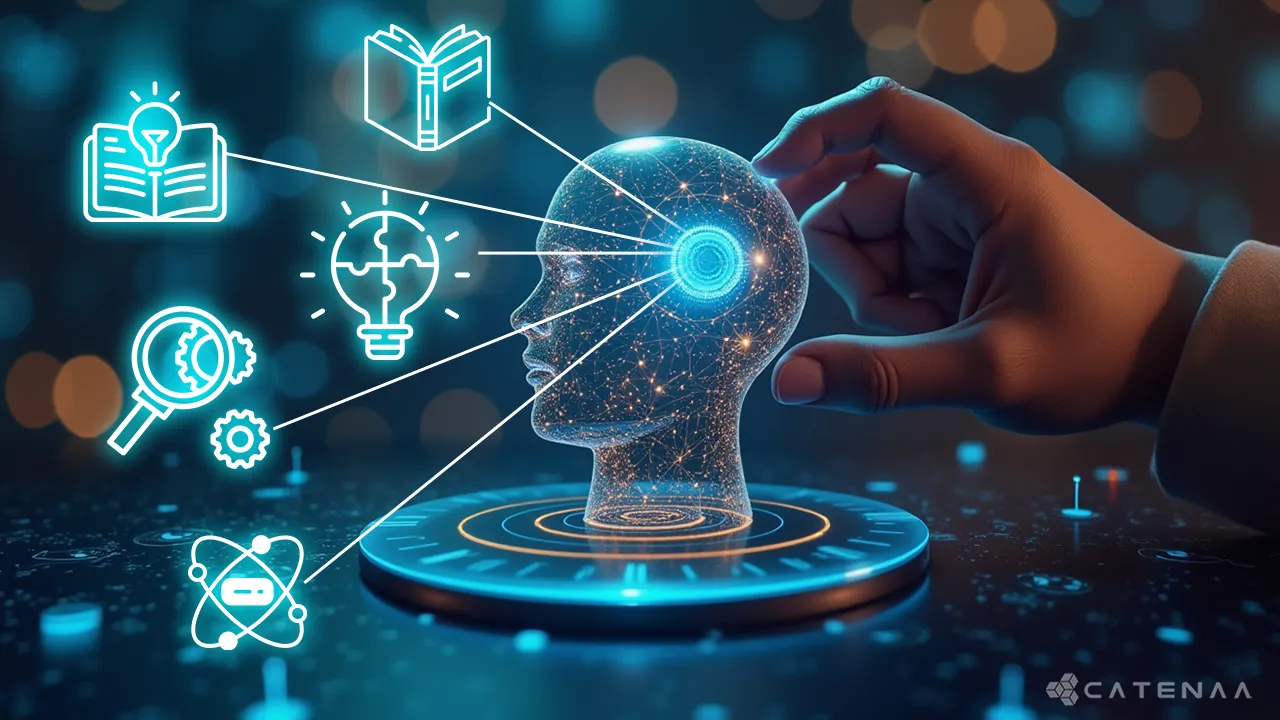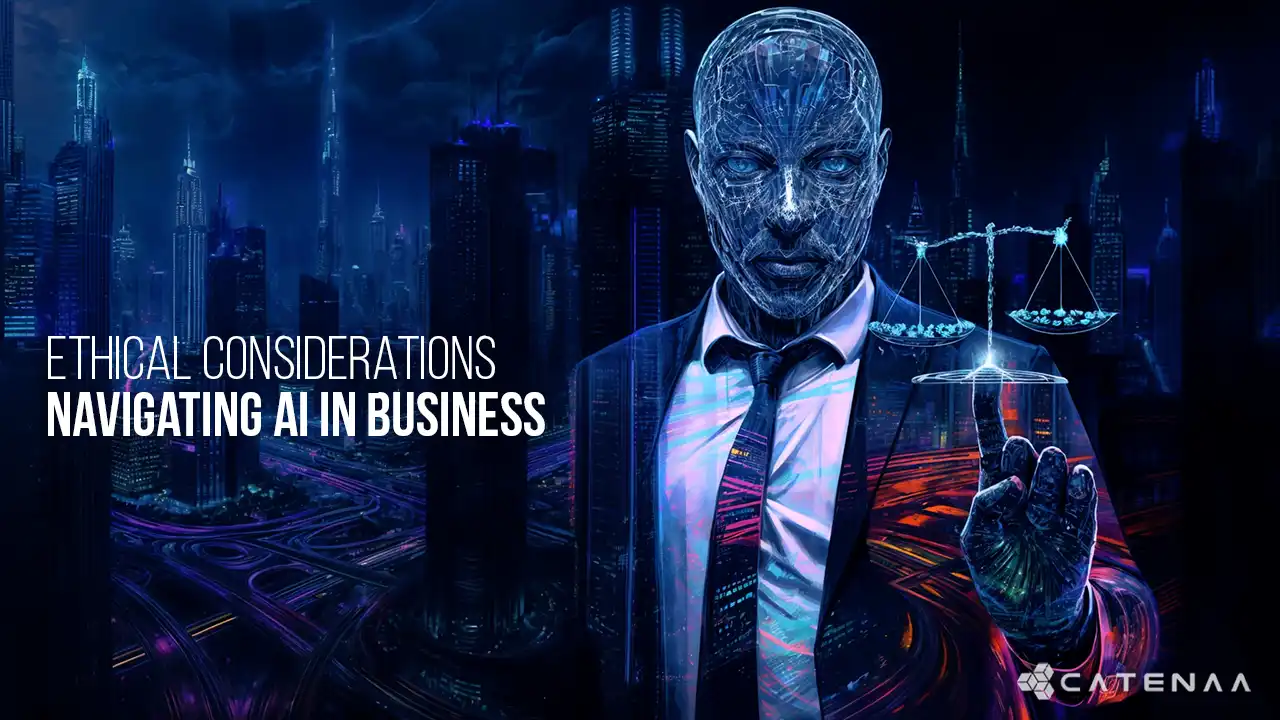Table of Content
- Understanding Adaptive Learning: Personalized Education at Scale
- Intelligent Tutoring Systems: AI as a Personal Tutor
- AI-Powered Assessment and Feedback: Automating the Evaluation Process
- Virtual Learning Assistants: Enhancing Student Engagement and Support
- AI-Powered Language Learning: Accelerating Fluency with Personalized Techniques
- Gamification and AI: Making Learning Engaging and Interactive
- AI in Lifelong Learning and Corporate Training: Upskilling the Workforce
- Conclusion: The Future of Education is Adaptive and Intelligent
Adaptive learning, powered by artificial intelligence (AI), is reshaping the education landscape by personalizing learning experiences, improving educational outcomes, and democratizing access to high-quality education. This article explores the latest AI-powered innovations in adaptive learning, their real-world applications, and the potential they hold for revolutionizing the global education market.
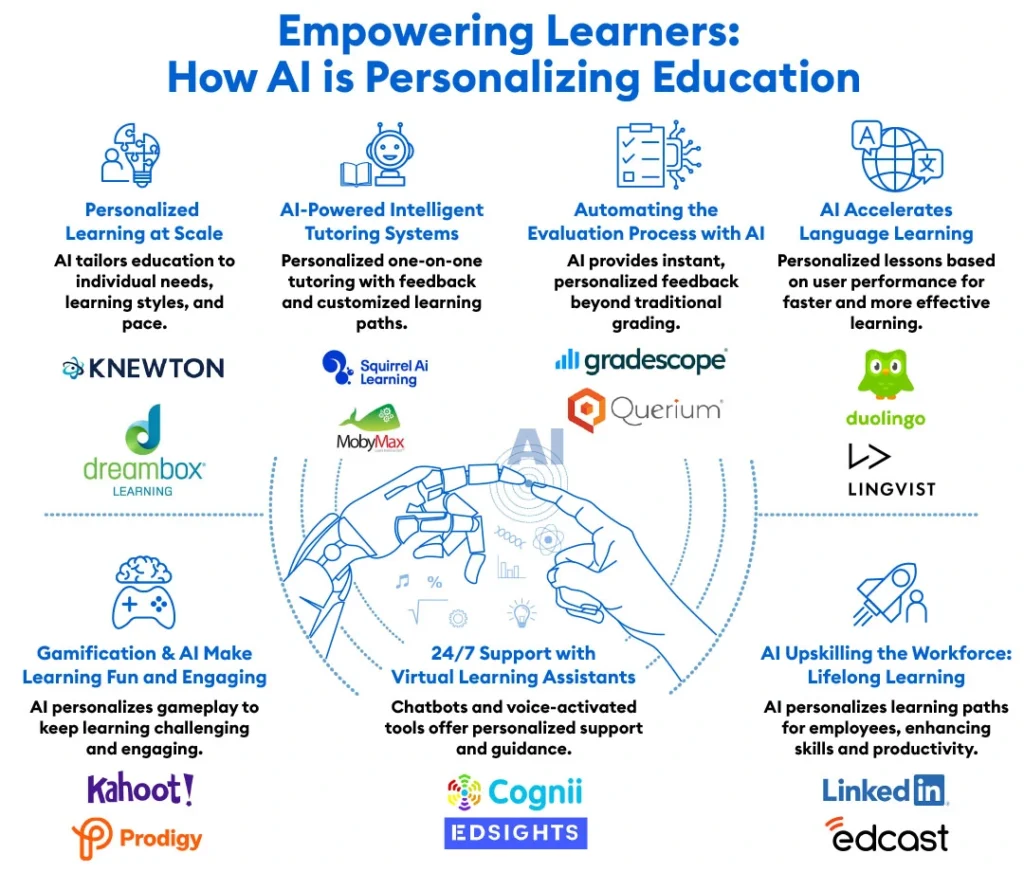
Understanding Adaptive Learning: Personalized Education at Scale
Adaptive learning uses AI to tailor educational content to the unique needs, pace, and learning style of each student. By continuously analyzing data such as performance, engagement, and behavior, adaptive learning systems adjust content and instructional strategies in real time, creating a highly personalized learning experience.
Examples:
- Knewton is an adaptive learning company that has developed a platform to personalize educational content as well as developed courseware for higher education concentrated in the fields of science, technology, engineering, and mathematics. More than 15 million students around the world have used Knewton-powered courses to date. 1
- ALEKS is another effective adaptive learning that uses AI to assess students’ knowledge gaps in real-time and adjust content delivery accordingly. By determining the student’s baseline of knowledge, ALEKS creates an individual and dynamic path to success where students learn and then master topics. ALEKS has helped over 25,000,000 students and counting. 2
- On the other hand, DreamBox Learning offers adaptive math education that dynamically adjusts lessons to meet individual student needs. DreamBox Math is an engaging and adaptive math program that integrates curriculum and continuous formative assessment to personalize instruction, develop conceptual understanding, build critical skills, and improve achievement for every student, regardless of where they are in their learning journey. DreamBox Reading is a comprehensive, data-driven reading program proven to improve silent reading fluency, comprehension, vocabulary, and motivation for all students. DreamBox Reading delivers age-appropriate, just-in-time scaffolding and support to differentiate and personalize instruction based on student engagement, progress, and productive struggle. 3
These examples demonstrate the scalability and effectiveness of adaptive learning technologies, which lead to improved student outcomes, higher retention rates, and significant cost savings for educational institutions by reducing reliance on one-size-fits-all teaching methods.
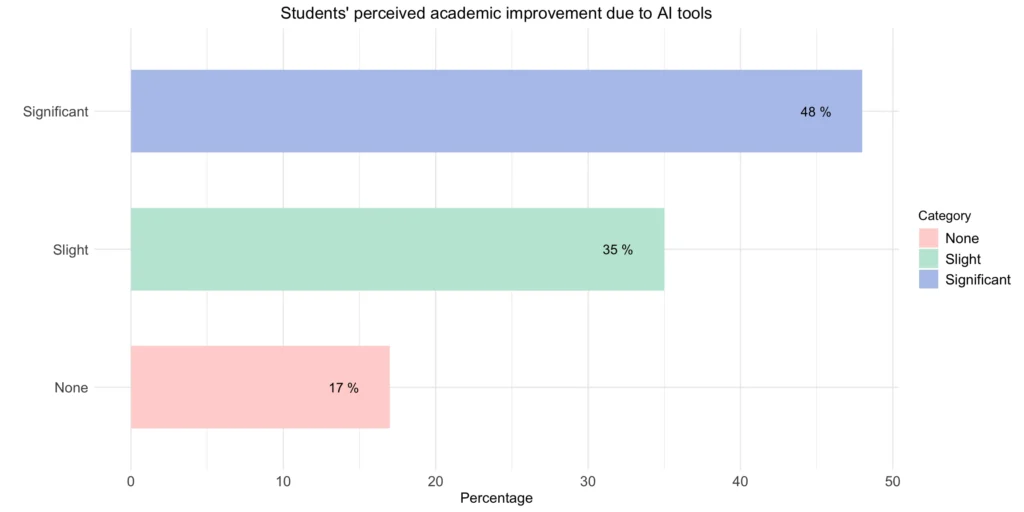
Intelligent Tutoring Systems: AI as a Personal Tutor
AI-powered intelligent tutoring systems offer personalized, one-on-one tutoring that mimics human interaction, adapting to students’ learning styles by providing hints, feedback, and customized problem sets.
Examples:
- Squirrel AI Learning is an intelligent tutoring system that adapts to students’ learning paths and offers tailored instruction and assessments. Their flagship technology, the Large Adaptive Model (LAM), is a game-changer in personalized learning. Launched in January 2024, The LAM integrates multimodal agent technology and adaptive intelligence, utilizing data from over 24 million students and 10 billion learning behaviors to optimize learning pathways, identify strengths and weaknesses, and provide targeted interventions. This enables Squirrel AI Learning to optimize learning pathways, identify students’ strengths and weaknesses, and provide targeted interventions for effective learning outcomes. Their LAM excels at not just processing text, but integrating various data types seamlessly. This capability fosters human-machine collaboration, enhances teaching intelligence, and ultimately elevates user experiences, significantly boosting question accuracy rates from 78% to an impressive 93%.
- MobyMax is an AI-driven tutor that identifies missing skills in students and customizes learning activities to address those gaps. 4
Such intelligent tutoring systems lower the cost of personalized education and make high-quality learning accessible to a broader audience, creating opportunities for large-scale implementation in schools and homes.
AI-Powered Assessment and Feedback: Automating the Evaluation Process
AI is transforming how assessments are conducted by providing instant, personalized feedback that goes beyond traditional grading systems. These innovations reduce the burden on educators and help students understand their progress and areas needing improvement.
Examples:
- Gradescope: An AI-based grading platform that automates the grading of complex assignments, providing instant feedback and detailed performance analytics that has helped over 3.2M students across 2600 universities.
- Coursera’s Machine Learning Feedback System: Provides personalized feedback on assignments, helping learners grasp difficult concepts quickly. 5
- Querium: Uses AI to provide step-by-step feedback on STEM assignments, helping students learn from their mistakes in real time. 6
Such AI-powered assessment tools enhance the quality of education by providing timely feedback, thus increasing student engagement and success rates, making them attractive to educational institutions and edtech companies.
Virtual Learning Assistants: Enhancing Student Engagement and Support
AI-powered virtual learning assistants, such as chatbots and voice-activated tools, provide 24/7 support to students, helping them with homework, clarifying doubts, and guiding them through their learning journey.
Examples:
- Cognii: It is a leading provider of Artificial Intelligence based educational technologies. This Virtual Learning Assistant engages a student in a chatbot-style learning conversation by prompting them to construct an answer, giving them an instant formative assessment, and tutoring them with personalized hints and tips. 7
- Microsoft’s Cortana in Education: Assists students with task management, reminders, and quick answers to learning queries.
- EdSights Chatbot: Uses AI to communicate with students, providing guidance on academic resources, mental health support, and administrative tasks. With a 62% engagement rate, our AI-powered SMS technology delivers personalized communication that adapts to each student’s evolving needs. EdSights builds and manages all the communication for you. 8
- Investor Angle: Virtual learning assistants enhance the student experience by providing personalized support, reducing dropout rates, and improving overall satisfaction, which is crucial for online learning platforms.
AI-Powered Language Learning: Accelerating Fluency with Personalized Techniques
Language learning platforms leveraging AI offer personalized lessons that adapt based on user performance, making language acquisition faster and more effective.
Examples:
- Duolingo is the most popular language-learning platform and the most downloaded education app in the world, with more than 500 million users. The company’s mission is to make education free, fun, and available to all. Duolingo is designed to feel like a game and scientifically proven to be effective. Duolingo: Uses AI algorithms to adjust the difficulty of lessons and personalize practice based on user mistakes and learning pace.
- Lingvist: An AI-powered language app that adapts vocabulary training to the user’s learning speed and retention ability. 50+ language courses.
- Real-life vocabulary.
- Smart algorithms that place you at the right level.
The growing global demand for language learning, especially for non-native speakers in professional settings, makes AI-powered platforms highly investable due to their scalability and market reach.
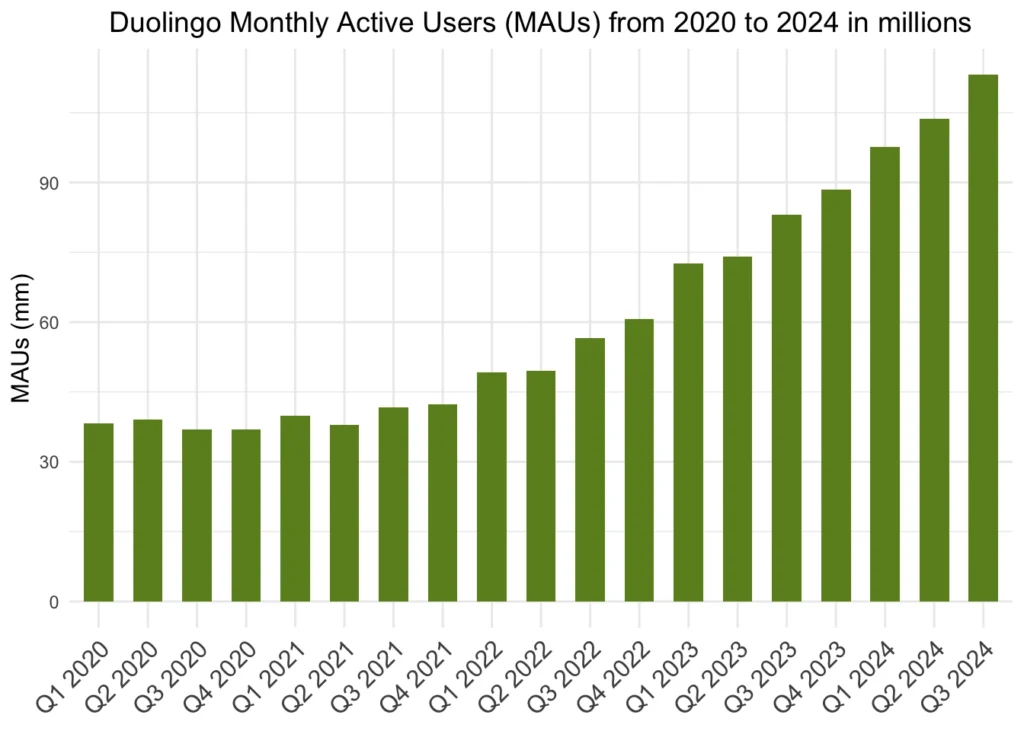
Gamification and AI: Making Learning Engaging and Interactive
AI is enhancing gamified learning platforms by adapting the gameplay to the learner’s progress, ensuring that the learning experience remains challenging yet attainable. This approach increases motivation and keeps students engaged.
Examples:
- Kahoot! Incorporates AI to tailor quizzes and challenges based on the player’s performance, making learning fun and competitive.
- Prodigy Math Game: Uses AI to create personalized math challenges that adapt to the learner’s skill level, encouraging consistent practice.
- Osmo Learning Games: Blends physical and digital play using AI to adapt games to the child’s skill level, promoting hands-on learning.
Gamified adaptive learning tools capture students’ attention in a way traditional methods can’t, making them popular among educators and parents, thus representing a lucrative investment in the edtech space.
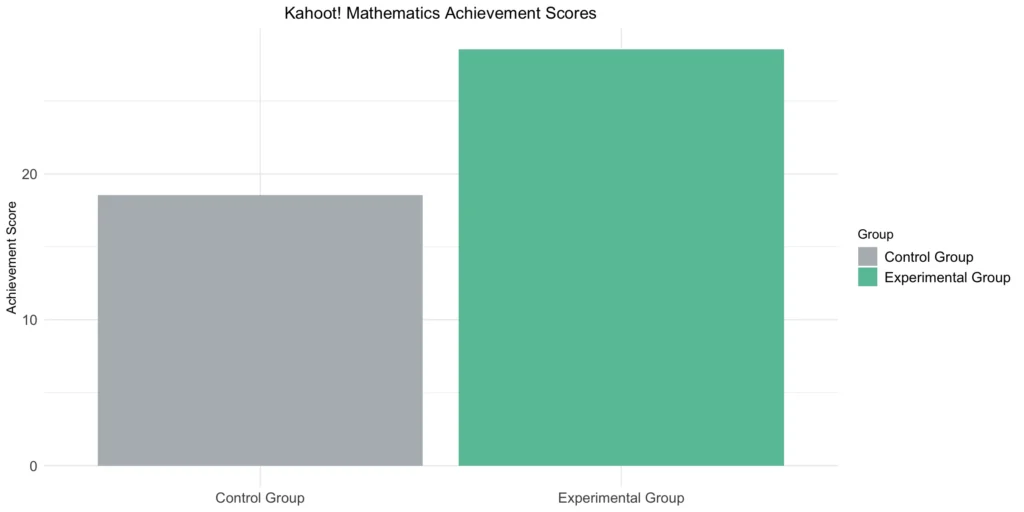
AI in Lifelong Learning and Corporate Training: Upskilling the Workforce
AI-powered adaptive learning extends beyond traditional education into corporate training, where it customizes learning paths for employees, enhancing skills and productivity.
Examples:
- LinkedIn Learning: Uses AI to recommend personalized courses based on career goals, learning history, and skill gaps.
- Coursera for Business: Offers AI-driven learning paths tailored to the specific needs of organizations, helping employees upskill efficiently.
- EdCast: An AI-powered knowledge-sharing platform that provides personalized learning content for employee development.
The growing demand for upskilling and reskilling in the workforce makes AI-powered corporate training platforms an attractive area for investment, driven by the need for continuous learning in a rapidly changing job market.
Conclusion: The Future of Education is Adaptive and Intelligent
AI-powered adaptive learning is revolutionizing education by making learning more personalized, engaging, and accessible. For investors, the adaptive learning market represents a high-growth opportunity fueled by increasing demand for personalized education solutions. As AI continues to evolve, its impact on education will only deepen, creating new avenues for investment and innovation.
- AI in Adaptive Learning: https://atomico.com/partners/knewton[↩]
- AI in Adaptive Learning: https://www.aleks.com/?_s=2459579408052668[↩]
- AI in Adaptive Learning: https://www.dreambox.com/[↩]
- AI in Adaptive Learning: https://www.mobymax.com/[↩]
- AI in Adaptive Learning: https://www.gradescope.com/[↩]
- AI in Adaptive Learning: https://www.querium.com/[↩]
- AI in Adaptive Learning: https://www.cognii.com/[↩]
- AI in Adaptive Learning: https://www.edsights.io/[↩]
